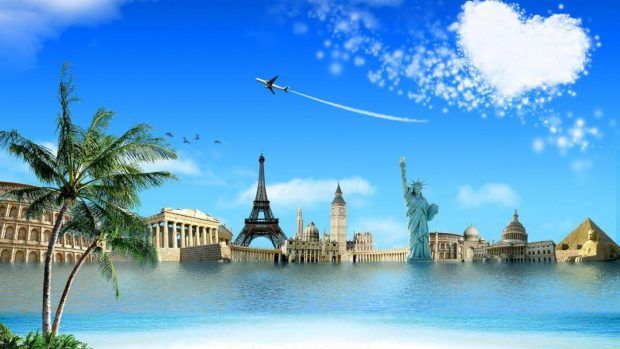
tourism
UN Tourism
Tourism is a social, cultural and economic phenomenon which entails the movement of people to countries or places outside their usual environment for personal or business/professional purposes.
Tourism is travel for pleasure, and the commercial activity of providing and supporting such travel.UN Tourism defines tourism more generally, in terms which go "beyond the common perception of tourism as being limited to holiday activity only", as people "travelling to and staying in places outside their usual environment for not more than one consecutive year for leisure and not less than 24 hours, business and other purposes".Tourism can be domestic (within the traveller's own country) or international, and international tourism has both incoming and outgoing implications on a country's balance of payments. Tourism numbers declined as a result of a strong economic slowdown (the late-2000s recession) between the second half of 2008 and the end of 2009, and in consequence of the outbreak of the 2009 H1N1 influenza virus,but slowly recovered until the COVID-19 pandemic put an abrupt end to the growth. The United Nations World Tourism Organization estimated that global international tourist arrivals might have decreased by 58% to 78% in 2020, leading to a potential loss of US$0.9–1.2 trillion in international tourism receipts.

As society progresses, the tourism sector, much like many other sectors, needs to transform to serve as a catalyst for prosperity at a universal scale. Enhancing the well-being of individuals, safeguarding the natural environment, stimulating economic advancement, and fostering international harmony are key goals that are the fundamental essence of UN Tourism. The organization takes on the role of driving a sustainable force that is now central to many economies
